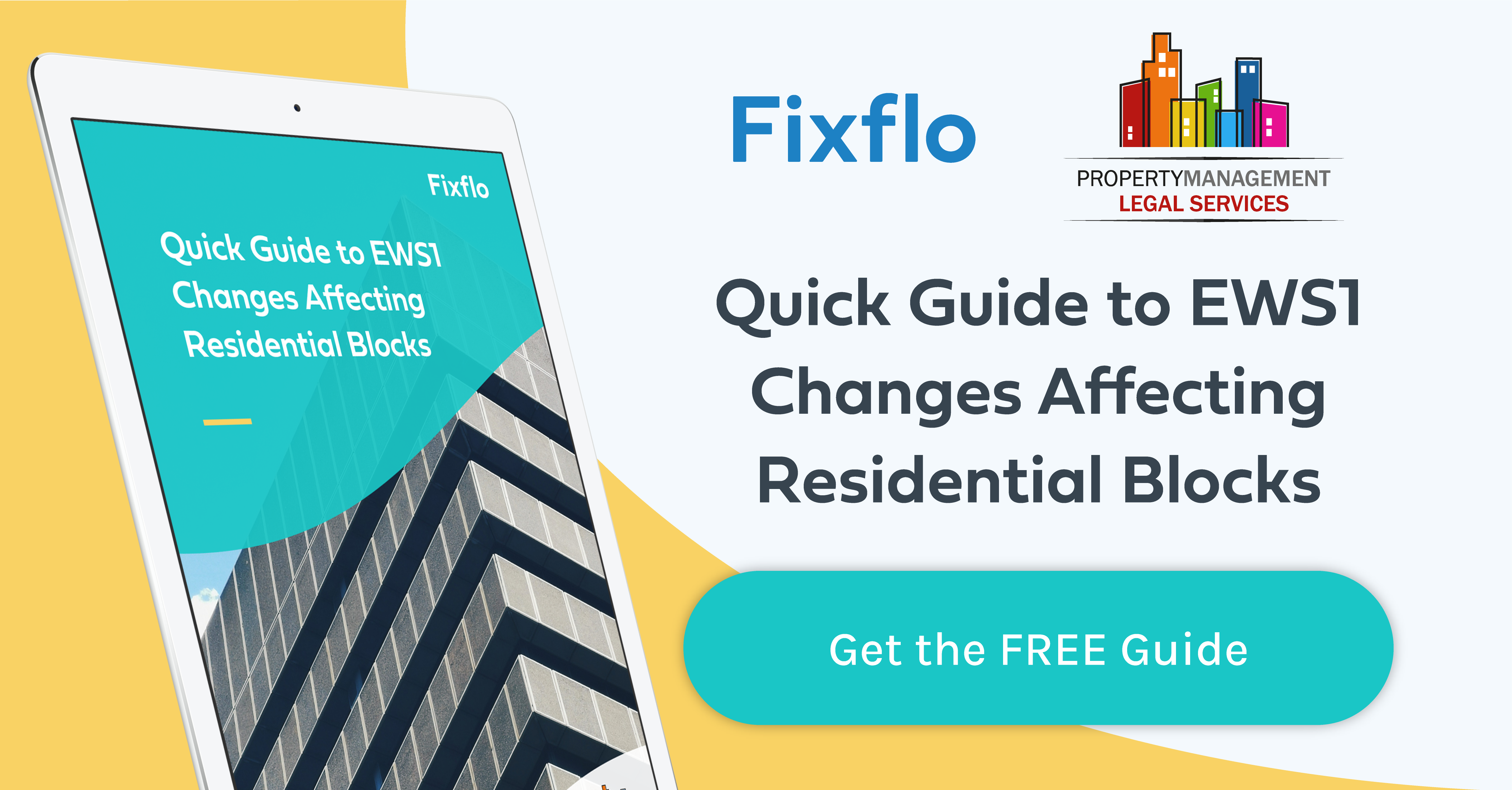Higher staff turnover and lower mental health and wellbeing are being felt across the property management industry, according to a new survey conducted by industry bodies ARMA and IRPM. And while all property managers are feeling increased stress levels due in part to the abuse they're subjected to at work, block managers dealing with cladding are feeling it even more acutely. Of the 19% of property managers who reported they're likely to leave the industry within three years, 90% were dealing with cladding remediation, which should give the industry cause for concern.
While the government has offered an additional £3.5 billion lifeline to buildings beleaguered by cladding issues, this financial assistance is only open to buildings 18 metres and above. Leaseholders living in blocks below this height could find themselves open to a number of financial hits, such as one suggestion of £50 a month in remediation fees. They're also likely to be subject to higher service charges and more costly insurance fees, making their flats less valuable and, in some instances, unsellable. All of which is making for a number of very stressed leaseholders and, by extension, their property managers.
What impact is this having on property managers?
Property management staff who are dealing with cladding issues reported more negative feelings across the board, with 32% believing their physical safety was at risk (a figure 28% higher than staff not involved in cladding). When it came to mental health, 70% thought their mental health was a risk, with reports of being shouted at, sworn at and threatened all higher when it came to the 49% of those surveyed who were involved in cladding remediation. 74% of all respondents said they'd noticed an increase in abuse at work in the past 12 months, with statistics bearing those figures out. Every day, at least one property manager is threatened with physical violence, a figure that should make the industry take serious stock.
What's the solution?
Clearly, something needs to be done. While two-thirds of those asked believed their employer had taken positive steps to help them, the majority felt that this support was not borne out across industry bodies or the government.
So, what can we do? The issues around cladding are complicated, and both property management staff and leaseholders need to be educated. Property managers need to understand the ever-evolving complexities of the issue, and leaseholders need to be aware of their manager's limitations. Increasing transparency and communication between staff and management about mental health issues and the challenges those on the ground are facing will also help. Fundamentally, a light needs to be shone on these issues to ensure staff wellbeing and prevent the industry from losing its most valuable staff.
ARMA and IRPM's collaborative wellbeing report used a quantitative and anonymous survey, which was carried out during the Covid-19 crisis and benchmarked against the ONS survey conducted over the same timeframe. For more information about the survey and wellbeing across the industry, download their report.
For further information on cladding and the EWS1 form, read our Quick Guide to EWS1 Changes Affecting Residential Blocks about the guidance provided by RICS (Royal Institution of Chartered Surveyors) in March 2021.

BLOG DISCLAIMER
This article is intended for information purposes only and does not constitute legal advice. If you have any questions related to issues in this article, we strongly advise contacting a legal professional.
These blog posts are the work of Fixflo and are licensed under a Creative Commons Attribution-ShareAlike 3.0 Unported License. In summary, you are welcome to re-publish any of these blog posts but are asked to attribute Fixflo with an appropriate link to www.fixflo.com. Access to this blog is allowed only subject to the acceptance of these terms.


